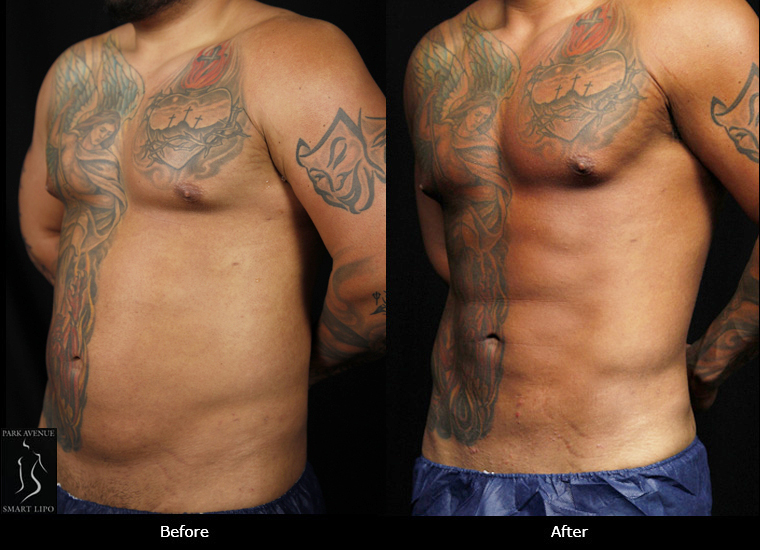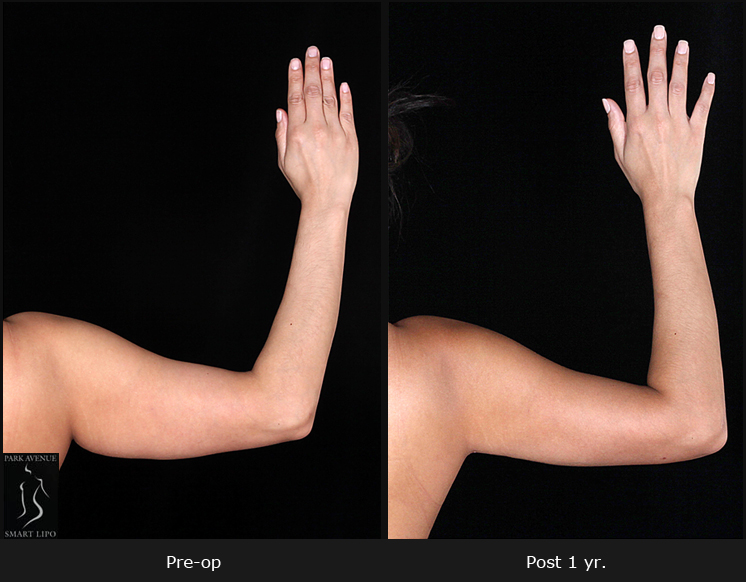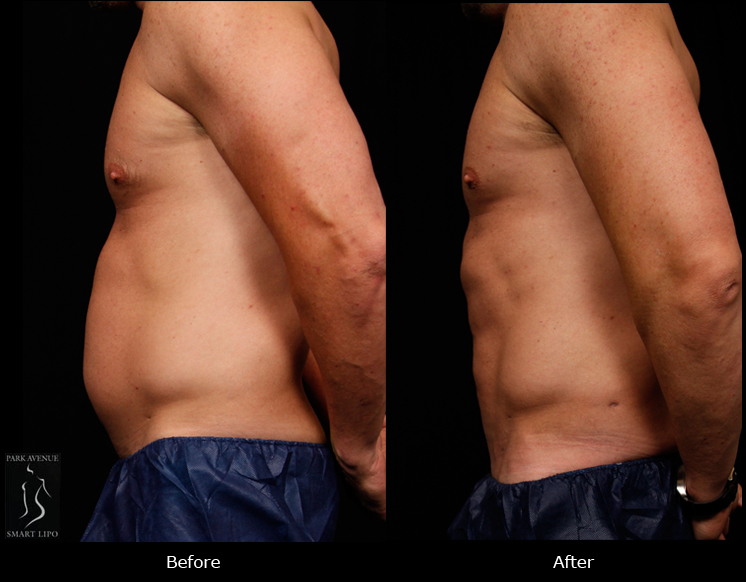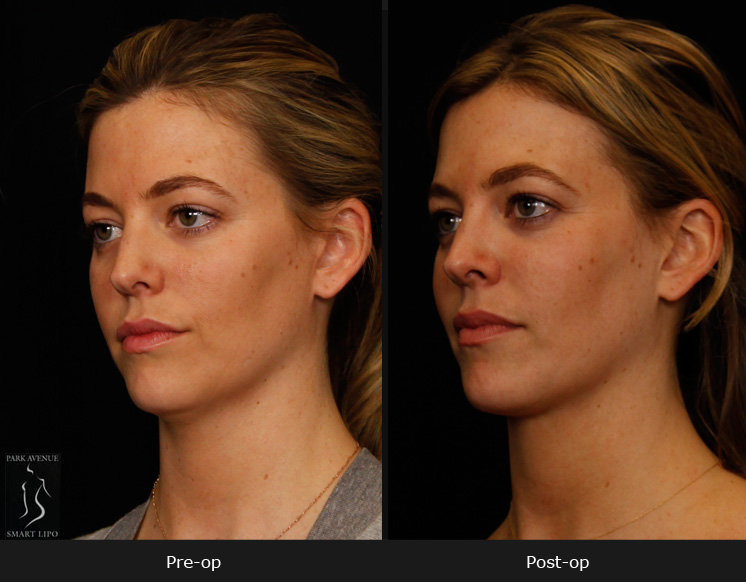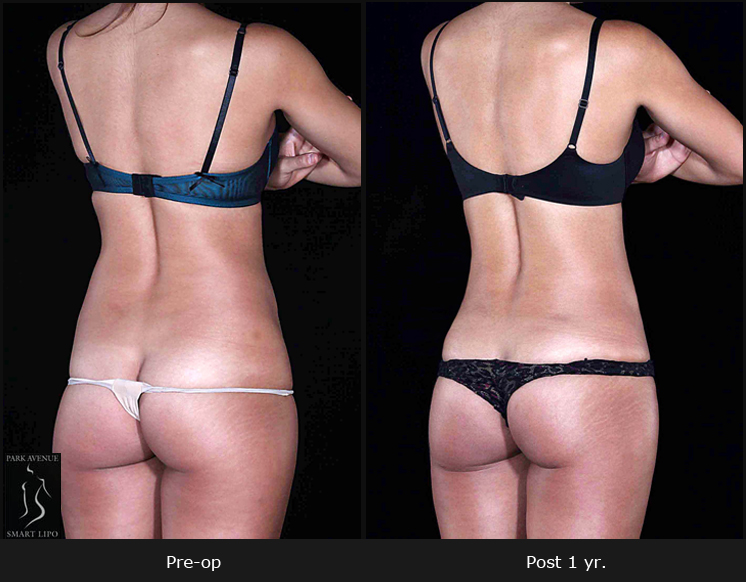Laser liposuction in NYC is a popular option among men and women who want to get rid of stubborn fat and achieve a trim, well-shaped body. The procedure is performed using FDA-approved minimally-invasive Smartlipo Triplex workstation and requires only local anesthesia. One question on the RealSelf platform is regarding the type of medication used in laser liposuction and also why this medication can’t be used in combination with traditional lipo/Brazilian butt lift with spinal block.
An expert plastic surgeon clarified that the medication used for numbing (tumescent) for laser liposuction is lidocaine. The surgeon explains that this medication is usually used in higher doses when liposuction is done under local anesthesia so that the patient does not feel anything. If the patient is asleep (under general anesthesia), then it is used in lower doses since they have the added effect of the anesthetic. He also clarifies that spinal blocks also often use lidocaine and as a result, the surgeon would need to lower the dose used for local anesthesia as high dosing of lidocaine can be toxic to the body.
Post-surgery, the lidocaine solution is slowly absorbed through the bloodstream and metabolized through the liver completely in about 36 hours. As a precaution, the International Society of Cosmetogynecology (ISCG) instructs that all patients must be evaluated prior to surgery to ensure that they have a normal functioning liver, no history of liver diseases and are not taking medications or other substances which might interfere with lidocaine metabolism in order to be considered for this type of surgery.
Regardless of the technique, anesthesia is a major concern among people who are planning to undergo liposuction. Basically, four types of anesthesia can be used to perform liposuction, though it is generally performed using either general or local anesthesia. Both traditional and laser liposuction require anesthesia to control pain. However, while laser technique can be done under local anesthesia, the conventional procedure would require general anesthesia as it may handle large volumes of fat removal. Research in the field shows that local anesthesia is the safer option because it presents minimal complications or risks for the patient. However, the type of anesthesia used depends on your surgeon’s preferences and on how large an area is being treated.
If you are healthy, close to your ideal weight and need to address excess fat pockets that do not respond to strenuous diet and exercise, then Smartlipo in NYC under local anesthesia could be the suitable option. A skilled surgeon can use the innovative Smartlipo laser technology to perform the procedure safely and effectively.
However, patients who need a large amount of fat to be removed would require general anesthesia. Traditional liposuction uses general anesthesia because it involves treatment of large areas. You will be completely asleep and unaware of what’s going on during this procedure, but sometimes, this may pose risks and complications. The effects of general anesthesia last for a longer time than local anesthesia and recovery from its effects may take longer.
If you are considering laser liposuction in NYC, make sure to choose AAAASF-accredited plastic surgery facility. Reputable plastic surgeons will evaluate your considerations and explain the advantages of local anesthesia vs. general anesthesia, and which type of anesthesia is ideal for your particular procedure.

